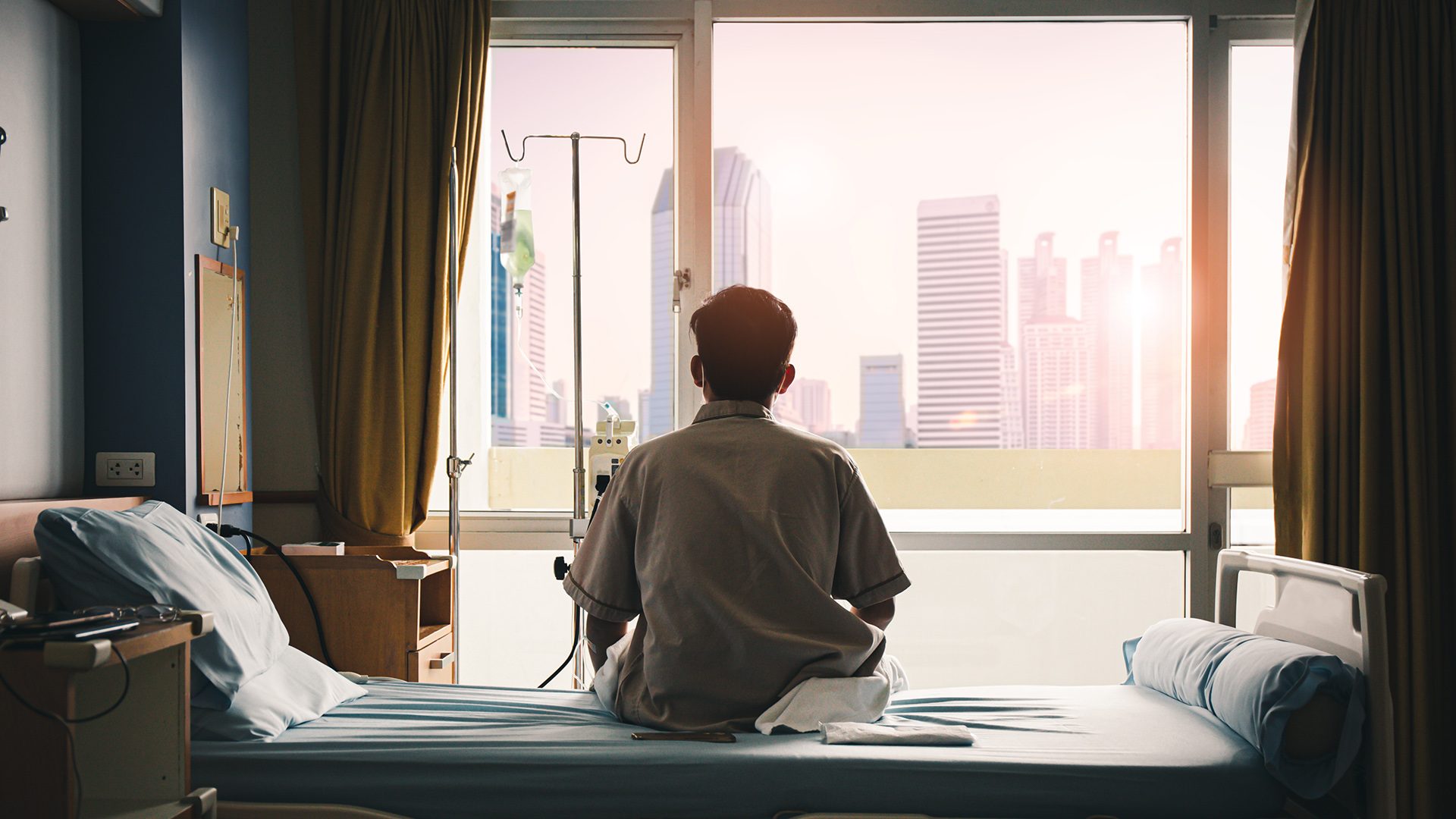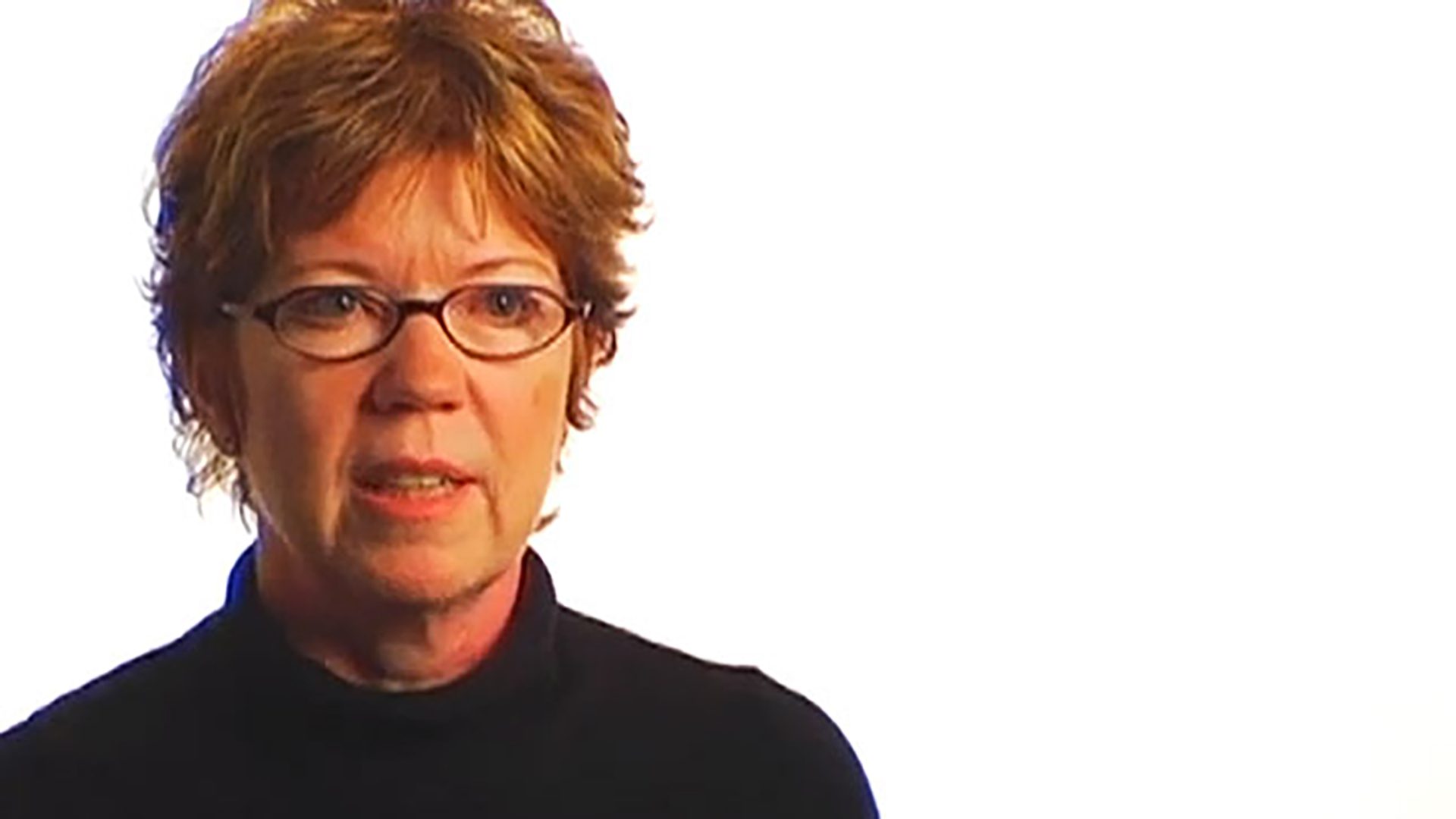Your Emotions After a Cancer Diagnosis
Feeling strong and positive will help you during the healing process. However, mood swings can be common after a cancer diagnosis. And sadness, worry or fear are natural emotions during the cancer journey.

Dealing with emotions may not be easy at first. When you are diagnosed with cancer, it can be difficult to identify and honor your feelings. Yet, working through your emotions can help lower stress. This can lead to improved mental and physical health.
Accept Your Feelings
Be kind to yourself and avoid judging yourself for your emotions. Try to pay attention to what you’re feeling, and spend time with people who are positive and uplifting. Many emotional challenges will lessen or go away as you move through cancer treatment. Your sense of hope and confidence can increase with time.
It’s natural to feel loss after receiving a cancer diagnosis. At first, the thought of living with cancer and treatment can be overwhelming. Some might even feel like giving up hope. Having a support system is an important part of dealing with emotions. It’s also important to have a supportive health care team who will work with you during and after treatment.
If feelings of sadness and depression grow stronger with time, talk with your health care provider. Ask for a reference a professional counseling who can help you.
Recognize Depression
The National Institute of Mental Health defines depression as a common but serious illness. Depression involves feeling “down” or “hopeless” for weeks at a time.
Signs of depression include:
- Feeling confused.
- Being overwhelmed or losing hope.
- Having problems with memory or thinking.
- Getting too much or too little sleep.
- Feeling extreme fatigue or no energy.
- Having little appetite or not wanting to eat.
- Feeling very sad and helpless.
- Experiencing weight loss or weight gain.
People often need medical treatment to deal with depression. Your health care provider may prescribe counseling and medication. Let your provider know as soon as possible if the depression gets worse or doesn’t improve and if you have problems in your life due to depression. You might need a change in medication.
If you have thoughts of harming yourself or others, contact your health care provider immediately or go directly to a hospital emergency room for help. Call 911 and ask for help if you cannot reach your provider.
Ways to Deal With Your Emotions
- Write in a journal or notebook.
- Draw, paint, sculpt or do other forms of art.
- Have physical activities such as walking, running or bicycling.
- Practice yoga, meditation or other methods of relaxation.
- Play or listen to music.
- Use positive affirmations or sayings.
- Share feelings with trusted friends and loved ones.
- Focus on parts of your health that you can control such as healthy eating.
How People React to Your Cancer
Dealing with the emotions and beliefs of other people about cancer can also be challenging. For example, those closest to you might worry about losing you. They may be concerned about how the changes in your life might affect them. It can be hard to deal with the fears of others while you are facing your own.
Sometimes people are not sure what to say when they learn you have cancer. Even as they try to offer support, some might say or do things that hurt your feelings or offend you. Some people are uncomfortable thinking about the possibility of cancer in their own lives. Because of their own fears, they may not know the best way to help you with your illness.
People can also pass on incorrect information, false beliefs and myths about cancer. For example, although we don’t yet know what causes most types of cancers, people might try to tell you a reason for your cancer. They might give their opinion about the best cure for cancer. Their ideas and beliefs could be different from your own.
If this happens, speak up and let them know that you appreciate their concern. However, feel free to tell them if they aren’t helping you. If the comments of others concern you, talk with someone you trust about what has been said. Discuss any medical advice with your health care team.
Find Emotional Support
It can feel lonely after a cancer diagnosis. At first, you may wonder how you’ll cope. You can find strength in sharing thoughts and feelings with others who understand what you’re going through.
Many hospitals and cancer centers have oncology social workers or navigators on staff. They specialize in working with cancer patients and can help you communicate with your health care team and others. They can help you talk about your experiences and find ways to cope. Social workers also provide help with insurance and financial issues. If you have not already met with a social worker, you can ask your health care provider for a referral.
Cancer support groups can provide a safe place to share experiences with others who are dealing with cancer. Each support group is different. You may need to try several groups to find the one that works best for you. Your health care team can help you find cancer support groups in your area.
Livestrong partners with Imerman Angels to offer free support by matching cancer patients with a person who has survived the same type of cancer. It’s a service for people who have been touched by any cancer, at any stage, living anywhere in the world.
How to Find A Cancer Support Group
- Ask your health care team about support groups for your type and stage of cancer.
- Find out if support groups are available in your clinic or hospital.
- Contact Livestrong Cancer Navigation Services at Livestrong.org or call (855) 220-7777 for guidance.

